

 |
 |

Date & Venue |
 | 9 July - 8 August 2015 |
 | Gallery Theatre, National Museum of Singapore |
About Japan Film Festival 2015 |
The annual Japanese Film Festival is here at Singapore once again! Organised by the Japan Creative Centre, in collaboration with the Singapore Film Society, the Japan Foundation and the National Museum of Singapore, this year’s festival will be announced in two parts – the first part will run from 9 to 19 July and the second part from 20 July to 8 August, with a total of 37 screenings at the National Museum of Singapore. |
The retrospective of films by Okamoto Kihachi, one of the leading exponents of jidai-geki (時代劇), is the theme for this year’s festival, featuring famous classics such as Zatoichi Meets Yojimbo, Kill!, Judo Saga and Samurai Assassin. There will also be an additional mystery screening on 17 July, which the film title will not be revealed until the actual day. All the films in the retrospective will be screened on 35mm, a rarity with today’s digital cinema. |
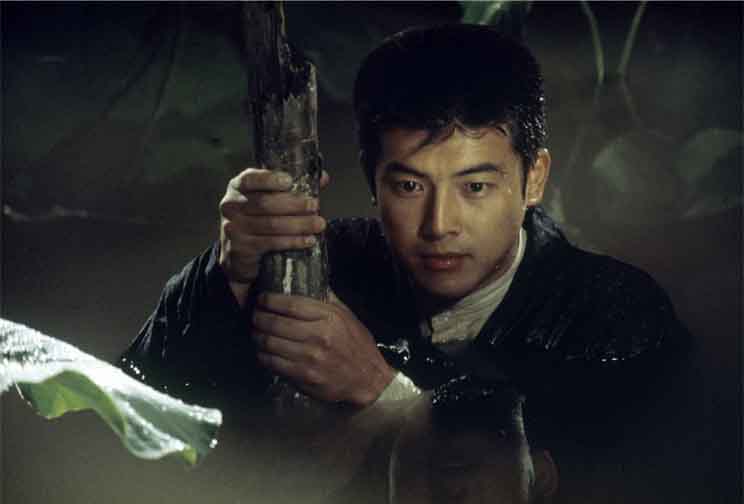 Judo Saga / © Toho Eiga 1977 |
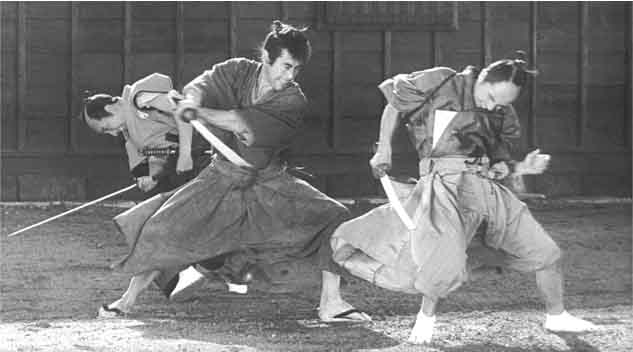 Samurai Assassin / © Toho, Mifune Productions 1965 |
This is the 22nd edition of the festival in Singapore. Through the years, the selection of films has hinged on one criterion – that these films move audiences as they have moved its programmer. So do come down and let us embark together on this journey of discovery and exploration into the world of Japanese Film! More information about the films, tickets and screening schedule are available on the Japanese Film Festival 2015 official website. See you there! |
About Okamoto Kihachi |
|
OKAMOTO Kihachi was born in Tottori Prefecture on 17 February, 1924. Inspired after watching John Ford's Stagecoach, he decided to pursue a career in film directing. In 1943, fresh from college, Okamoto joined Toho Movie Co., but was soon drafted into the military. His experiences during the war and in the army would have a profound effect on his later works. With the end of the Second World War in 1945, the young Okamoto returned to Toho and assisted directors like MAKINO Masahiro and TANIGUCHI Senkichi. In 1958, he debuted his very own film All About Marriage. A romantic comedy starring a young lady protagonist, this work was a far cry from his later films. Still, his unique style - montage with short cuts or rhythmical direction and editing was undeniable.
|
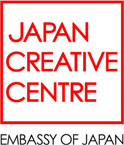 |
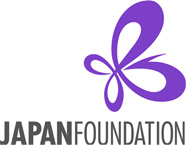 |
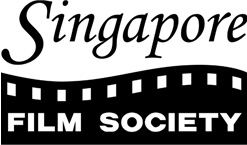 |
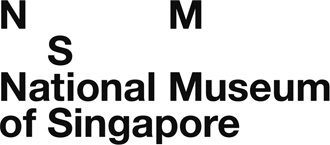 |